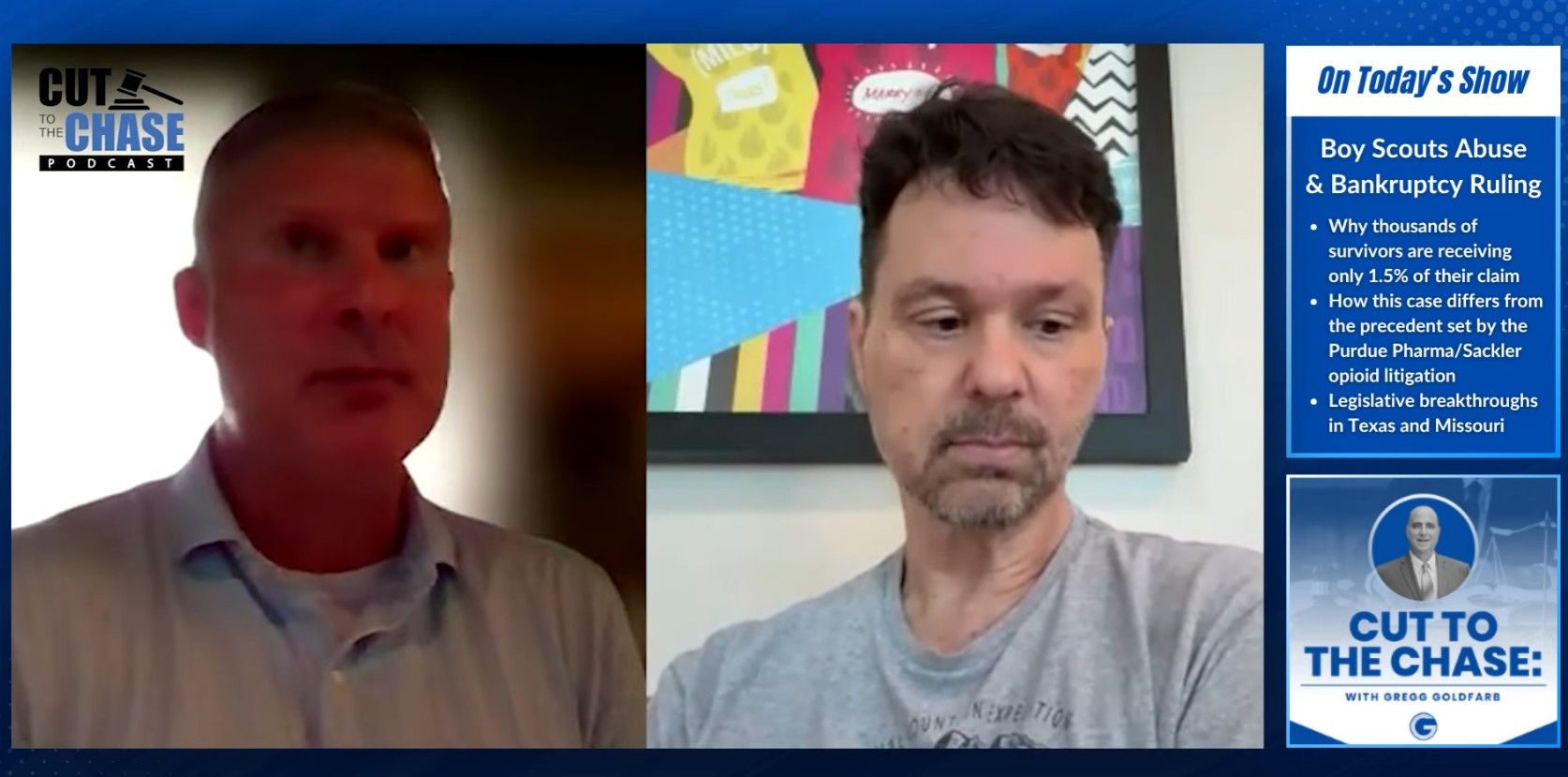Profit over Patients: Gilead's Controversial HIV Drug Patent Extension Strategy
Gilead Sciences, one of the world's largest drugmakers, came under scrutiny with revelations of a controversial move uncovered in a trove of internal documents made public during litigation. The documents shed light on Gilead's decision to delay the release of a promising new H.I.V. drug, raising questions about their motivations and the potential harm caused to patients.
In 2004, Gilead made the surprising announcement that they would halt the development of the new H.I.V. drug. Publicly, they claimed that it lacked sufficient differentiation from existing treatments. However, behind closed doors, a different motive seemed to be at play. Gilead had crafted a plan aimed at maximizing profits by extending the patent protection of their existing drugs.
At the time, Gilead already had two blockbuster H.I.V. treatments, both based on a drug called tenofovir. With the impending expiration of patents protecting these drugs in 2017, Gilead faced the possibility of competition from cheaper generic alternatives. Meanwhile, the new version of tenofovir, still in the early stages of testing, showed promise in being safer for patients' kidneys and bones.
Despite recognizing the potential benefits of the new drug, Gilead executives feared that its release could undermine the market for their existing patented formulation. By strategically delaying the launch of the new drug until just before the expiration of the existing patents, Gilead aimed to extend their monopoly and keep prices high, potentially reaping billions of dollars in profits.
The internal documents referred to this strategy as the "patent extension strategy," emphasizing its potential to maintain the profitability of their tenofovir-based drugs for years to come. Consequently, Gilead postponed the introduction of the new treatment until 2015, a decade after it could have been available had development not been paused. As a result, their patents now extend until at least 2031.
This delayed release has sparked legal action at both state and federal levels. Approximately 26,000 patients who took Gilead's older H.I.V. drugs are claiming that the company needlessly exposed them to kidney and bone problems. Gilead has vehemently denied these allegations, asserting that they acted in the best interest of patients and that the claims lack merit.
The repercussions of Gilead's actions extend beyond the legal realm. Currently, their expensive drugs containing the new iteration of tenofovir dominate the H.I.V. treatment and prevention market, commanding higher prices. For instance, a widely used product called Descovy carries an annual price tag of $26,000, while generic versions of its predecessor, Truvada, are available for less than $400 per year.
Critics argue that Gilead's approach is representative of a common industry tactic known as "product hopping." This practice involves switching patients to newer patented versions of a drug shortly before generic competition emerges, effectively prolonging monopolies. The Gilead case has raised concerns about how the U.S. patent system incentivizes companies to impede innovation rather than expedite it.
Experts and advocacy groups have expressed dismay over the situation, highlighting the impact on patients like David Swisher, who suffered kidney disease and osteoporosis after taking Gilead's older drug for 12 years. He was only able to switch to the safer alternative when it finally entered the market in 2016, too late to reverse the damage he had already endured.
As discussions surrounding Gilead's actions unfold, the larger question looms: how did such a situation arise, and what does it say about the pharmaceutical industry's drive for profit at the expense of patient well-being? The Gilead case serves as a reminder of the need for comprehensive examination and potential reform of the patent system to ensure the balance between innovation and accessibility, prioritizing patient welfare above all.
We strongly believe that corporations should not be allowed to use patent extensions as a way to unjustly increase profits despite potential patient suffering.
We are working towards a future where everyone has access to the care they need with the most accessible, safe, and effective treatments. If you or someone you know has been affected by TDF medications, please reach out to Jason J. Joy & Associates at 713-221-6500. Thank you for entrusting us to join your fight.
While this article provides general legal information, it does not constitute legal advice. The best way to get guidance on your specific legal issue is to contact a lawyer.
Contact Us
By submitting this form you agree to receive text messages.







